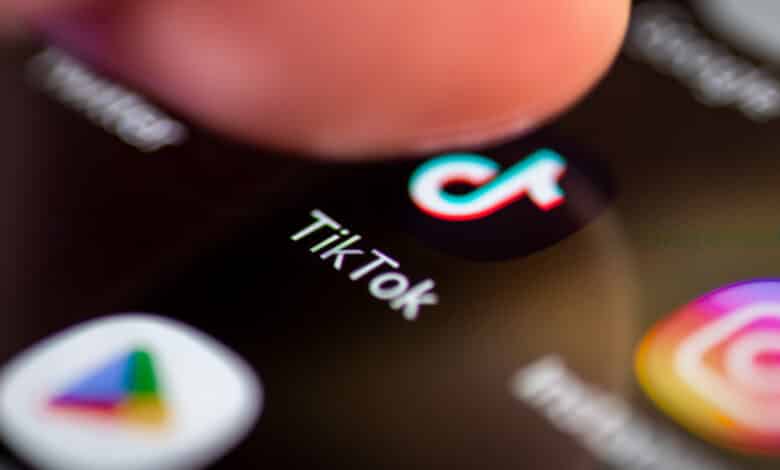
The German government’s Federal Drug Commissioner has made an important demand: TikTok should be banned for children under the age of 12. This demand comes amid growing concerns about the impact of social media on young users.
Key points:
- Federal drug commissioner calls for age limit of 12 for TikTok.
- The aim is to protect young users from possible psychological and social risks.
- Demand meets with mixed reactions from politics and society.
The demand: Block TikTok for children under the age of 12
The Federal Drug Commissioner Burkhard Blienert has taken a clear stance in an interview with the Rheinische Post: TikTok should no longer be accessible to children under the age of 12. This demand is aimed at protecting the youngest users from the potential dangers posed by social networks such as TikTok. Blienert argues that children of this age are particularly vulnerable to the negative effects of social media, including bullying, addictive behavior and exposure to inappropriate content.
TikTok, one of the world’s most popular social media platforms, is particularly popular with young users. This raises the question of how such a drastic measure could be enforced and what consequences this could have for the platform and its users. The Federal Drug Commissioner is calling for technical solutions to ensure that children under the age of 12 do not have access to the platform. This could be done, for example, by introducing strict age verification.
The discussion: reactions and possible consequences
The call for an age limit for TikTok has triggered a broad debate. Supporters argue that protecting young people should be a priority, especially in a digital age where children are gaining access to social media at an ever earlier age. Critics, on the other hand, see an age limit as a risk of over-regulation and doubt whether such a measure can actually be enforced effectively.
Another aspect of the debate concerns the role of parents. Some argue that parents should bear the main responsibility for their children’s media use instead of regulating this through legal requirements. The question arises as to whether an age limit would really solve the problem or whether a combination of parental supervision, education and technical measures is more important.
Implementing an age limit would also pose considerable technical challenges. TikTok may have to make extensive changes to its platform to ensure that age verification works reliably. This could not only be expensive, but also complicated, as many users may provide false age information in order to circumvent the block.
Conclusion: A complex issue with far-reaching implications
The call for a 12-year age limit for TikTok users shows just how serious concerns about children’s use of social media have become. While protecting young people should undoubtedly be a priority, the question remains as to whether such a measure is the right way to achieve this goal. The debate will certainly continue, and it remains to be seen if and how TikTok and other platforms will respond to these demands.


